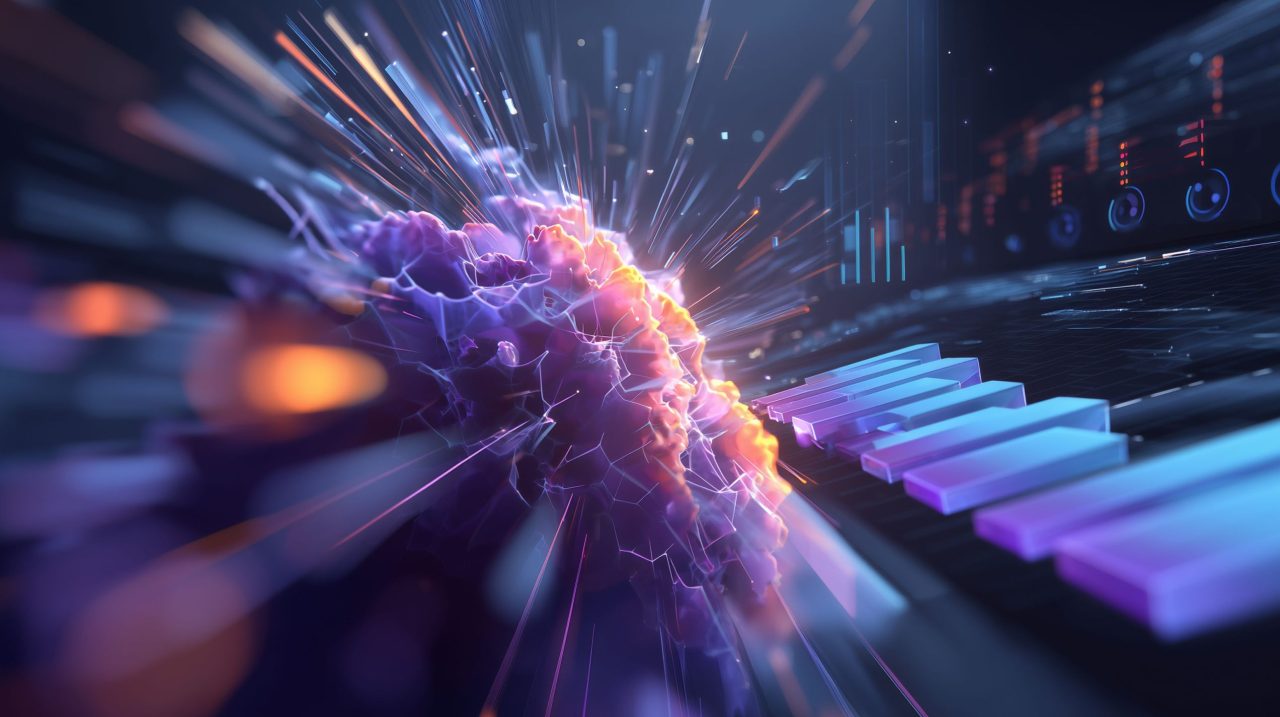SEO after the AI revolution: what remains important
 SEO Laboratory
SEO Laboratory  2025/09/22
2025/09/22  Kastytis
Kastytis 
Since the early 2000s SEO followed a fairly simple strategy: choose keywords, publish optimised content, get backlinks and enjoy organic traffic. But recently this traditional strategy has fallen apart, largely due to one force - artificial intelligence.
The old SEO plan is dead
Before the advent of AI, ranking on Google was relatively easy. Marketers chose a keyword, analysed the first page, added a few extra paragraphs to highlight content, inserted related keywords, secured links and the first page was available. It was a formula that worked.
But then came AI, flooding Google with cheap, mass-produced content. "Google reacted harshly and many legitimate websites disappeared from the results overnight.
However, SEO is far from dead. "Google still processes around 5 trillion searches a year, roughly 100 times more than predicted"ChatGPT" number of interactions. SEO is not obsolete, it has simply evolved. Success depends on understanding the new rules.
The basics are still important (but not enough)
The basics of SEO remain essential:
- Keywords and topics: people still search through keywords.
- Content visibility: websites must be easy to find and understand for search engines.
- Backlinks: Links remain an important ranking factor.
But mastering these basics alone is not enough. To win, you need to think beyond the "mechanics" of content, and think about people.
A fundamental change: users, not algorithms
The downside of the old SEO was that algorithms were more important than people. AI content has only exacerbated this problem by making algorithm-tailored content indistinguishable.
"Google is increasingly emphasising user experience, relevance and real value. User behaviour is now a priority for SEO. It is no longer enough to "write SEO". It's about understanding what people really want.
Example: 'How to get started'YouTube"channel?"
Earlier the question was: what keywords to use?
Now we need to ask:
- Who is looking? Beginners, professionals, hobbyists?
- What do they really need? Equipment tips, monetisation strategies, niche ideas?
- Why are they looking? For creative expression, money or to grow an audience?
This level of analysis allows you to create truly useful content that earns ratings, attention and conversions.
AI as a facilitator, not a replacement
AI is not to be feared. It needs to be used properly:
- to generate ideas for content,
- to speed up research and data analysis,
- improving writing efficiency.
The quality of AI depends on the tasks written by humans. Without SEO knowledge, he creates superficial content. Meanwhile SEO expertsusing AI with the right data and insights can dramatically improve quality. AI doesn't replace SEOs - it enhances their capabilities.
Prepare for the unexpected (and diversify)
SEO today is unpredictable. Relying on Google alone is dangerous, a single algorithm update can disrupt traffic overnight.
Therefore, you need to diversify: SEO skills (keyword research, understanding intent, technical optimisation, link building) apply to other platforms too - YouTube, Pinterest, Reddit, eBay, Quora.
Experienced SEO professionals can adapt quickly and deliver great results on almost any search-based platform.
SEO has evolved - so must you
The essence of SEO is still the same - connecting searchers with valuable content. But AI-generated spam is no longer enough. We need to create content that is genuinely useful, authentic and human-centric.
SEO in the AI era is no longer about algorithm trickery - it's about real value for the user. The winners will be those who evolve: use AI intelligently, dig deep into user intent and diversify their strategy.
SEO is not dead. It has simply become smarter, more strategic and more people-oriented than ever before.


